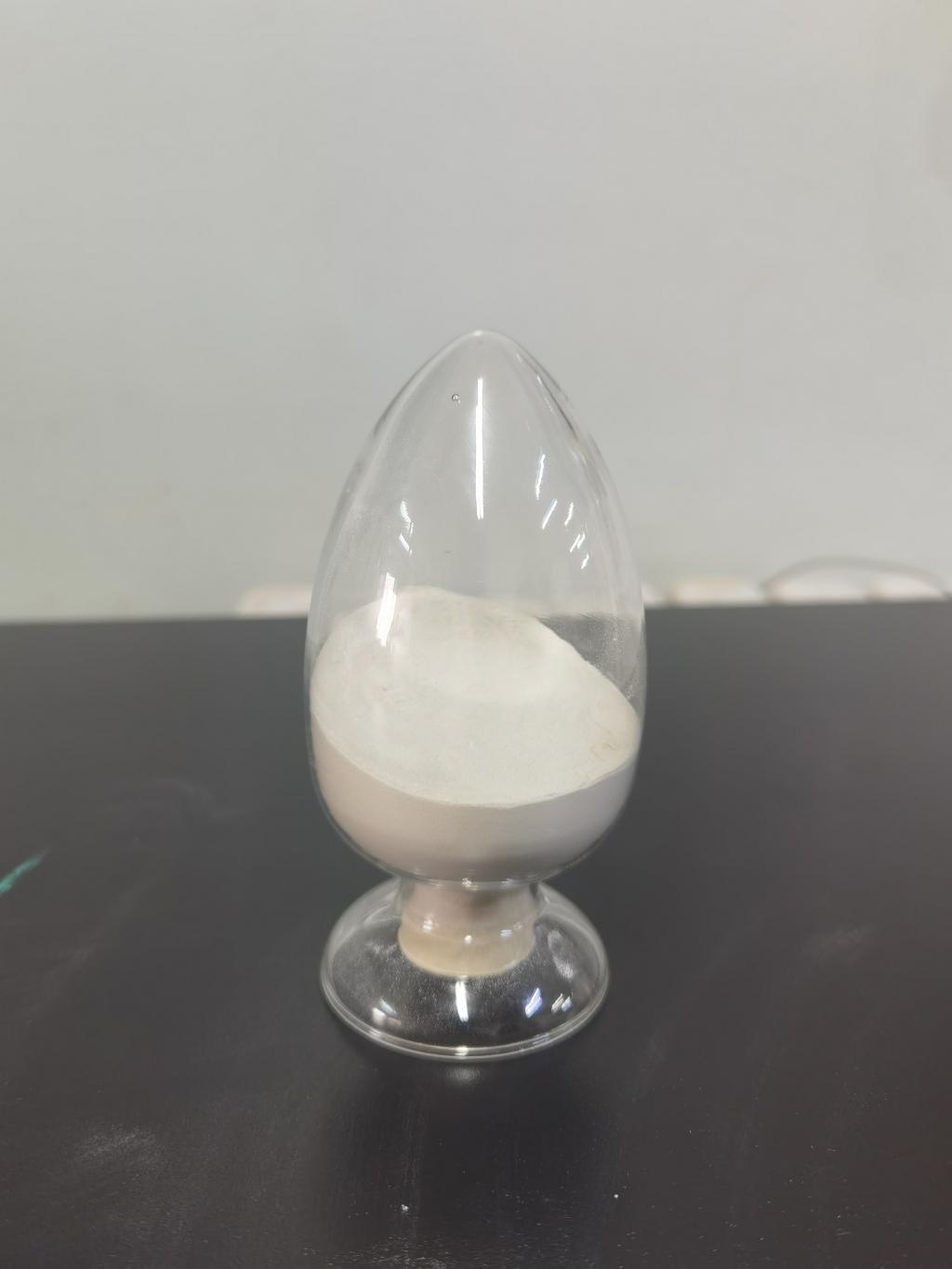Tel:+8618231198596

News
 CONTACT
CONTACT
 CONTACT
CONTACT
- Linkman:Linda Yao
- Tel: +8618231198596
- Email:linda.yao@dcpharma.cn
- Linkman:CHARLES.WANG
- Department:Overseas
- Tel: 0086 0311-85537378 0086 0311-85539701
News
What is the effect of Nisin on food spoilage organisms?
TIME:2023-05-09
Nisin works by disrupting the cell membranes of target microorganisms, leading to cell death. Specifically, nisin binds to the bacterial cell wall, where it forms pores that allow the leakage of intracellular components, such as ions and amino acids. This disrupts the normal functioning of the cell and ultimately leads to cell death. Because of its mode of action, nisin is effective against both Gram-positive and Gram-negative bacteria, as well as some fungi and yeasts.
One of the most important applications of nisin is in the preservation of dairy products. Dairy products are particularly susceptible to spoilage by lactic acid bacteria, which can cause spoilage and off-flavors. Nisin is effective against many species of lactic acid bacteria, including Lactobacillus, Streptococcus, and Leuconostoc, making it an important tool for the preservation of dairy products such as cheese and yogurt.
In addition to its use in dairy products, nisin is also used in a variety of other food products, including meats, canned foods, and beverages. Nisin is effective against a variety of spoilage organisms that can affect these products, including Listeria, Bacillus, and Clostridium, as well as various species of fungi and yeasts.
One of the advantages of nisin is that it is generally regarded as safe (GRAS) by the U.S. Food and Drug Administration (FDA). This means that it is considered safe for use in food products at the levels typically used. However, like any food additive, nisin should be used in accordance with good manufacturing practices and in compliance with applicable regulations.
In addition to its antimicrobial properties, nisin has been shown to have other beneficial effects in food products. For example, nisin can enhance the flavor and texture of cheese and other dairy products by promoting the growth of desirable bacteria and inhibiting the growth of undesirable bacteria. Nisin has also been shown to have antioxidant properties, which can help to preserve the quality and shelf life of foods.
Despite its many benefits, there are some concerns about the use of nisin in food products. One concern is the potential for the development of resistance by microorganisms. While there have been isolated reports of nisin-resistant strains of bacteria, the overall incidence of resistance is low. In addition, the use of nisin in combination with other antimicrobial agents can help to reduce the risk of resistance.
Another concern is the potential for allergic reactions to nisin. While allergic reactions to nisin are rare, they have been reported in some individuals. However, the levels of nisin typically used in food products are well below the levels that have been shown to cause allergic reactions in sensitive individuals.
In conclusion, nisin is a highly effective antimicrobial agent that is widely used in the food industry for the preservation of a wide range of food products. Its mode of action, safety profile, and other beneficial properties make it an important tool for ensuring the safety and quality of food products. While there are some concerns about the use of nisin, these can be managed through good manufacturing practices and appropriate regulatory oversight. Overall, the use of nisin has greatly improved the safety and quality of food products, and its continued use is likely to remain an important part of the food industry for years to come.
- Tel:+8618231198596
- Whatsapp:18231198596
- Chat With Skype







